The Romans have a rather interesting history when it comes to the gods and goddesses of ancient Rome. While the Greek pantheon tends to be more famous throughout pop culture, the thing about the ancient Romans is they were very, very good at absorbing gods and goddesses into the pantheon. As a matter of fact, they did it almost in its entirety with the Greeks. Not only did they tackle and conquer the Greeks, but they went ahead and took their pantheon as well!
As such, many of the gods and goddesses on this list will have significant references to the Greek pantheon, as that’s where they originated. The Romans, similar to many other ancient civilizations at the time, attributed much of their success to the gods and goddesses that influence their day-to-day lives. They were also quite fine with eventually moving on to Christianity as they began to develop further. In any case, back when the Roman Empire was at its peak, here were the top 10 gods and goddesses of the Roman pantheon.
Jupiter

First and foremost, let’s start things off with perhaps the most influential god of the Roman pantheon, Jupiter. Jupiter is the undisputed god of thunder and the sky, and for the more astute readers, you’ve probably already surmised that it’s Zeus (or you read the subheadline). Either way, the Romans believed that the reason they were so successful in their wars was due to their worship of Jupiter.
Even if the Greeks held Zeus in high esteem, the Romans felt they worshiped Jupiter more than any other civilization, and so was given his blessing. It’s also partly the reason why the Romans felt their people had a smidge of divinity, as they were the children of Jupiter.
Juno
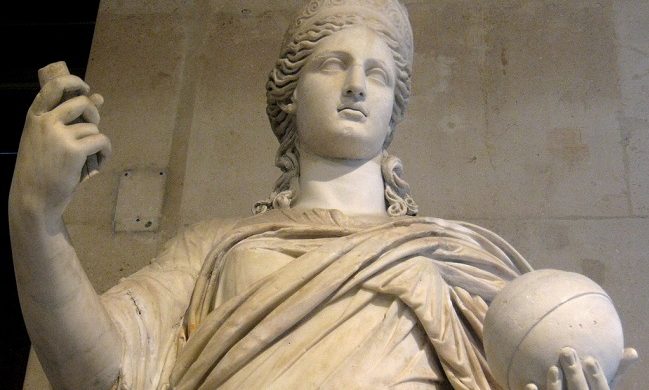
Those who know the Greek pantheon understand Hera as the queen of the gods, and someone with a remarkable temper. Due to Zeus’ infidelity, most people know Hera from stories of her wrath, specifically with the twelve labors of Heracles. With the ancient Romans, Juno is technically Hera, goddess of marriage and childbirth, alongside being the queen of the gods.
However, unlike Hera, Juno has many more nuances in the ancient Roman religion and pantheon. She has more warlike attire, making her seem more like the Greek goddess Athena (or Minerva, who we’ll talk about below). She plays many roles within the Roman pantheon, and is overall a more complicated being than the way Hera was depicted.
Minerva

One of the most popular goddesses of the Greek pantheon is Athena, which is likely why one of the greatest cities of the Greek world was called Athens. Her Roman counterpart is Minerva, who fulfills similar roles. She’s not only known as the goddess of wisdom above all else, but she also covers law, victory, trade, the arts, warfare, and much more. It comes as no surprise that she’s one of the most popular goddesses not only with the Greeks, but the Romans as well.
Minerva was greatly treasured by the mortals and the gods due to her wisdom, and the fact that she influenced many aspects of the ancient Roman lifestyle made her one of the most worshiped gods in the pantheon.
Diana

Moving along the most popular gods and goddesses of the pantheon, we have the Roman goddess Diana, who is goddess not only of the hunt, but of the moon. Given the nature of the ancient Romans, they made sure to pay tribute to Diana as much as they possibly could. Diana is one of the more interesting goddesses in that she wasn’t necessarily a spitting image of the Greek goddess Artemis — who also influenced the hunt.
Instead, Diana came from other sources, and happened to coincide with what Artemis stood for. The interesting thing about Diana is she could be as moody as the moon. The smaller the moon was in the night sky, the more temperamental Diana was known to be.
Mars
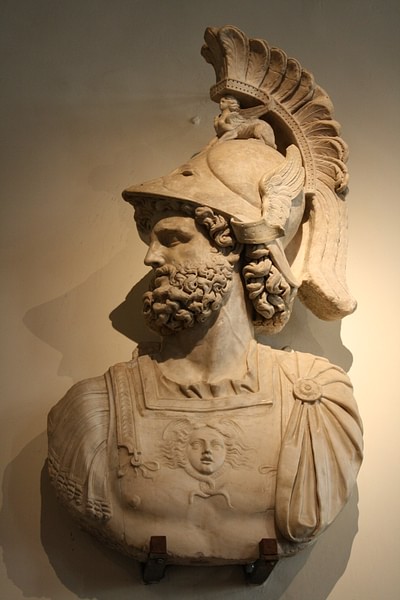
Another very interesting addition to the Roman pantheon is Mars, the god of war and agriculture. Once again, he’s not necessarily a spitting image of Ares, the Greek god of war, nor is he villainized like most Greek stories of Ares. Instead, the Romans took great care to worship their god of war, and his name came from the month of March — which was when the Romans would have military campaigns.
These campaigns would last until October, harvest season for the Romans. Such is the reason why Ares was not only a god of war, but also a god of harvest.
Mercury
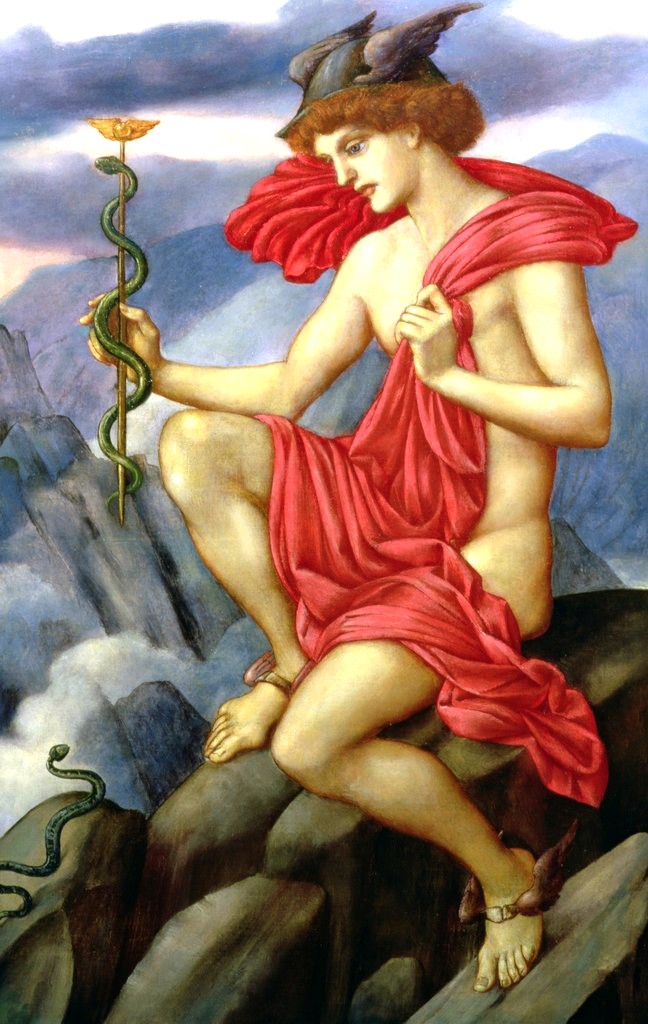
Quite a few of the gods of the Roman pantheon have an identical name to a planet of the solar system, don’t they? The Romans quite enjoyed going for a play on words, and Mercury likely also came from the word merx, which meant merchandise. As far as the Greek counterpart, that would be Hermes, also known as the messenger god of the Greeks. Mercury has a similar job, but he also has the significant responsibility of guiding the souls to the underworld.
To help get around, he was given winged sandals fashioned by Vulcan, who we’ll talk about in a bit. The sandals allow him to be swifter than the quickers bird, allowing him to tackle his responsibilities with no issues.
Vulcan

While initially one of the less popular gods in the Greek pantheon, the Romans had their own rendition of the same god, whose name was Vulcan. Vulcan is the god of smithing and metalworks, as well as the god of deserts and volcanoes. Surprisingly enough, despite coming from one of the lesser-known gods when it comes to the Greeks, it’s different with Vulcan.
It’s widely believed that Vulcan is one of the primordial gods — not necessarily in terms of power compared to the other gods in the pantheon, but the fact that he’s one of the most ancient of the gods of Rome. He was a god of Rome long before Rome became a Republic.
Neptune
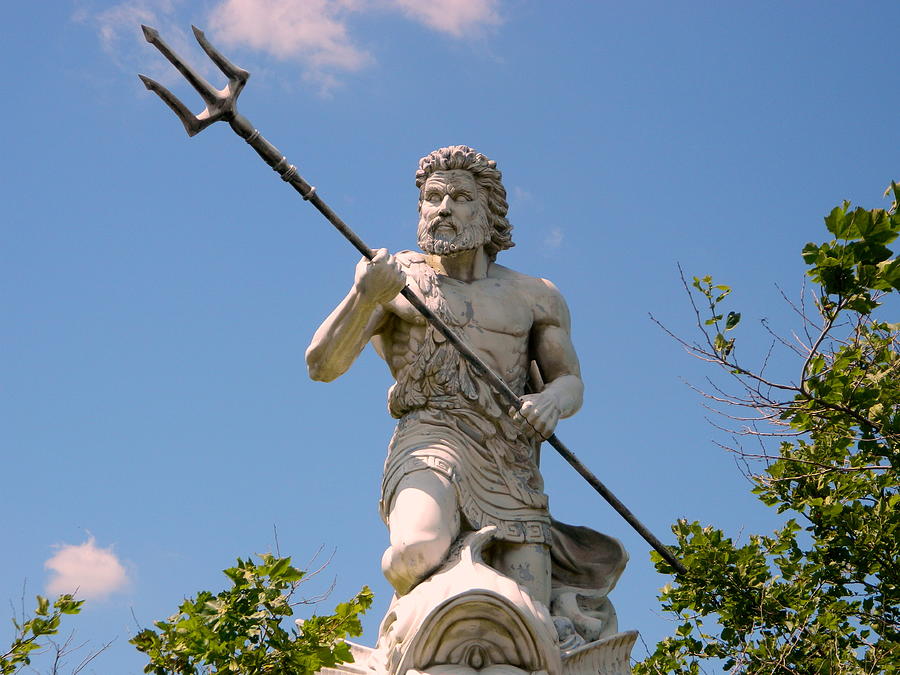
Similar to the Greek pantheon, the gods and goddesses of the Romans had three primary gods. In the case of the Greeks you had Zeus, Poseidon, and Hades, ruling the sky/heavens, the sea/earthly realm, and the underworld respectively. With the Romans, you have Jupiter, Neptune, and Pluto. We’ve already spoken about Jupiter, so now we’ll talk about Neptune, god of the sea and oceans as well as the freshwater.
Aside from ruling over the earthly world, Neptune was also connected to horses, which is why he’s often depicted with a chariot of seahorses. Interestingly enough, while the Greeks worshiped Poseidon and built temples in his name, there was only one temple where the Romans worshiped Neptune. His power was known to be similar to that of Jupiter and Neptune, yet his worshippers were strangely few and far between.
Pluto
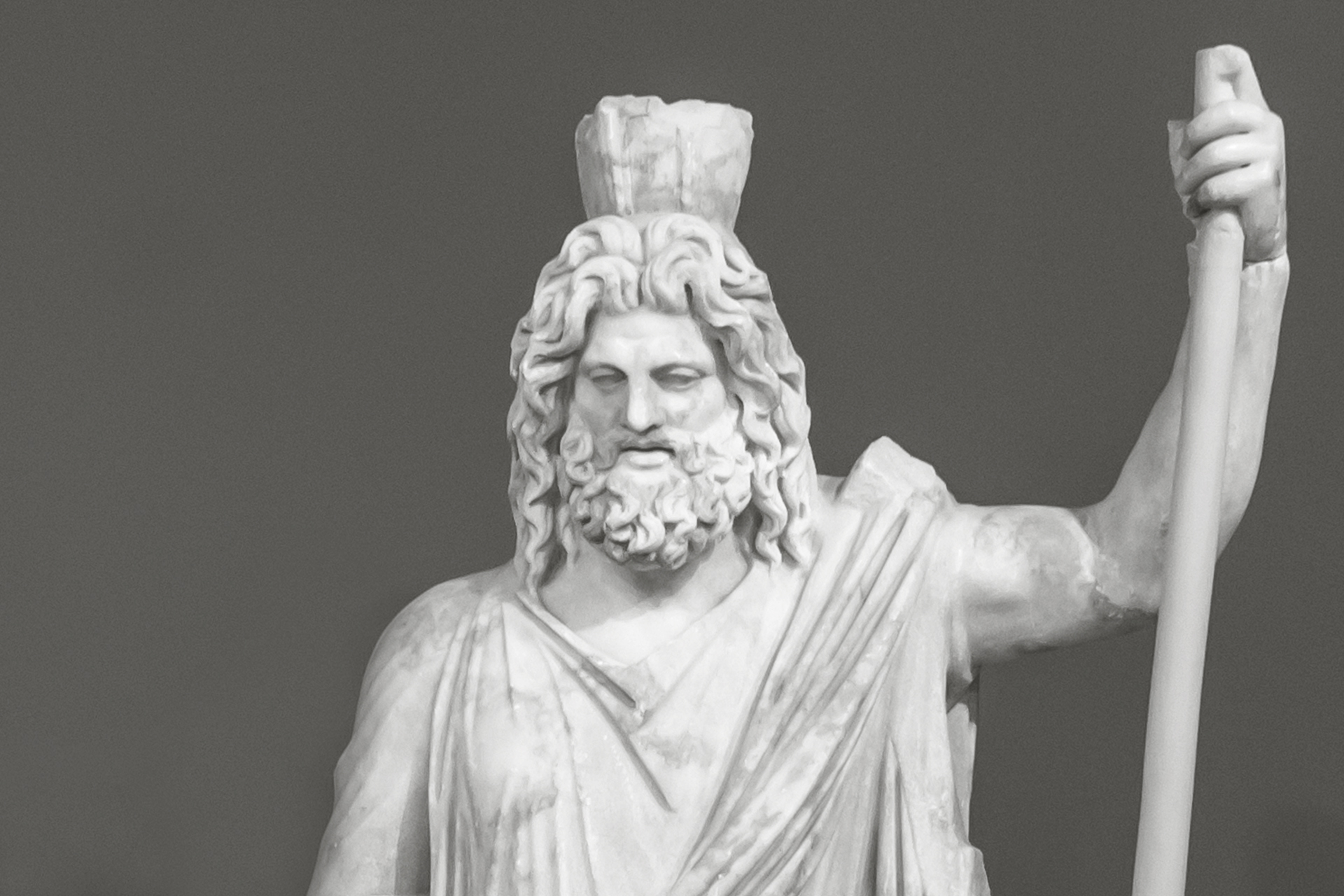
The last of the three brothers with whom creation was divided, Pluto — Hades in the Greek pantheon — is the ruler of the underworld. While he’s known to be stoic and cold, did you know that he also has ties to being the god of riches? The thing is, the underworld not only brings about images of hellish scenes, but also of caves with rich minerals. In such cases, Pluto was known as the god of the rich simply because of the amount of riches through unmined minerals.
Pluto, being the god of the underworld, also has an interesting connection with his Greek counterpart, Hades. Hades is a name associated with death, but noy Pluto. As such, people were more likely to call Hades Pluto as they didn’t want to invoke the name of death again and again for a blessing.
Venus

The ancient Romans were clever and passionate people, and they worshiped many gods and goddesses to give them good fortune. Naturally, one of the most popular goddesses would be one associated not just with marriage, but with the act of lovemaking. After all, it’s hard to imagine passion without lovemaking, and you have Venus to worship as the goddess of love.
In the Greek pantheon, it’s known to be Aphrodite, and they were both similarly beloved by their respective people. The Romans were passionate about war, and, knowing that the next day might be their last, had a tendency to go overboard when it came to worldly pleasures. In those cases, Venus lit the way, and she was very much beloved by the ancient Romans.